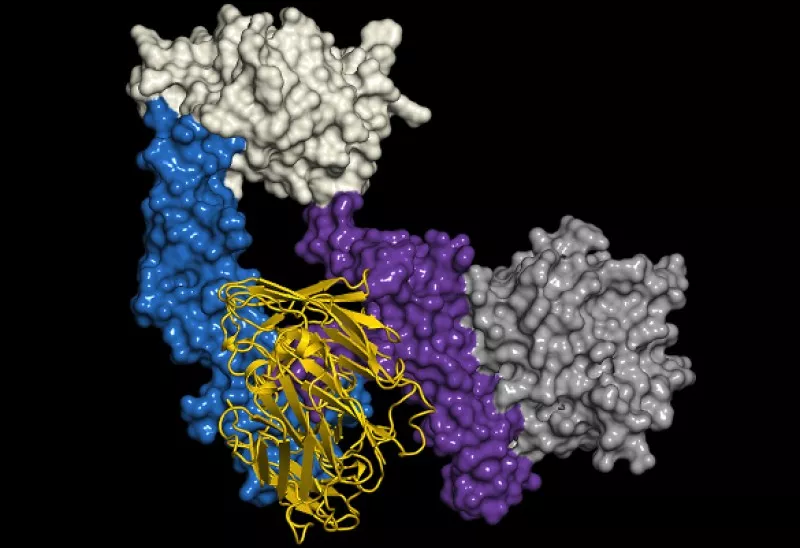LJM716 is an antibody designed to inhibit a protein called HER3, which has been implicated in resistance to multiple targeted agents. In fact, it’s emerging as a common release valve for cells under therapeutic pressure, especially in tumors treated with a particular class of inhibitors (PI3K inhibitors).
The promise of LJM716 lies in its combination with other targeted agents.
Alex Morozov, Oncology Translational Medicine lead for LJM716
“The promise of LJM716 lies in its combination with other targeted agents,” says Alex Morozov, Oncology Translational Medicine lead for the program at Novartis. “HER3 isn’t usually the main driver in tumors, but it’s important in the development of resistance following treatment.”

Novartis typically runs a single-agent study first to establish the safety — and sometimes the activity — of a new drug before pairing it with other agents.
But LJM716 wasn’t expected to do much on its own, so the company launched two trials in parallel, testing LJM716 by itself and in combination with Herceptin® (trastuzumab, manufactured by Genentech). The first trial included patients with head and neck cancer, esophageal cancer, and HER2-positive breast and gastric cancer. The second included patients with HER2-positive breast and gastric cancer that was resistant to trastuzumab. The molecule showed activity in both trials, with a partial response reported in the single-agent study. In the combination study, of 30 evaluable patients, 2 patients’ tumors shrank by more than 30%, 6 patients’ tumors shrank by 8 to 27%, and the disease stabilized in 12 patients. Similar toxicities were seen in the two studies, including diarrhea, infusion-related reactions, and fatigue.



